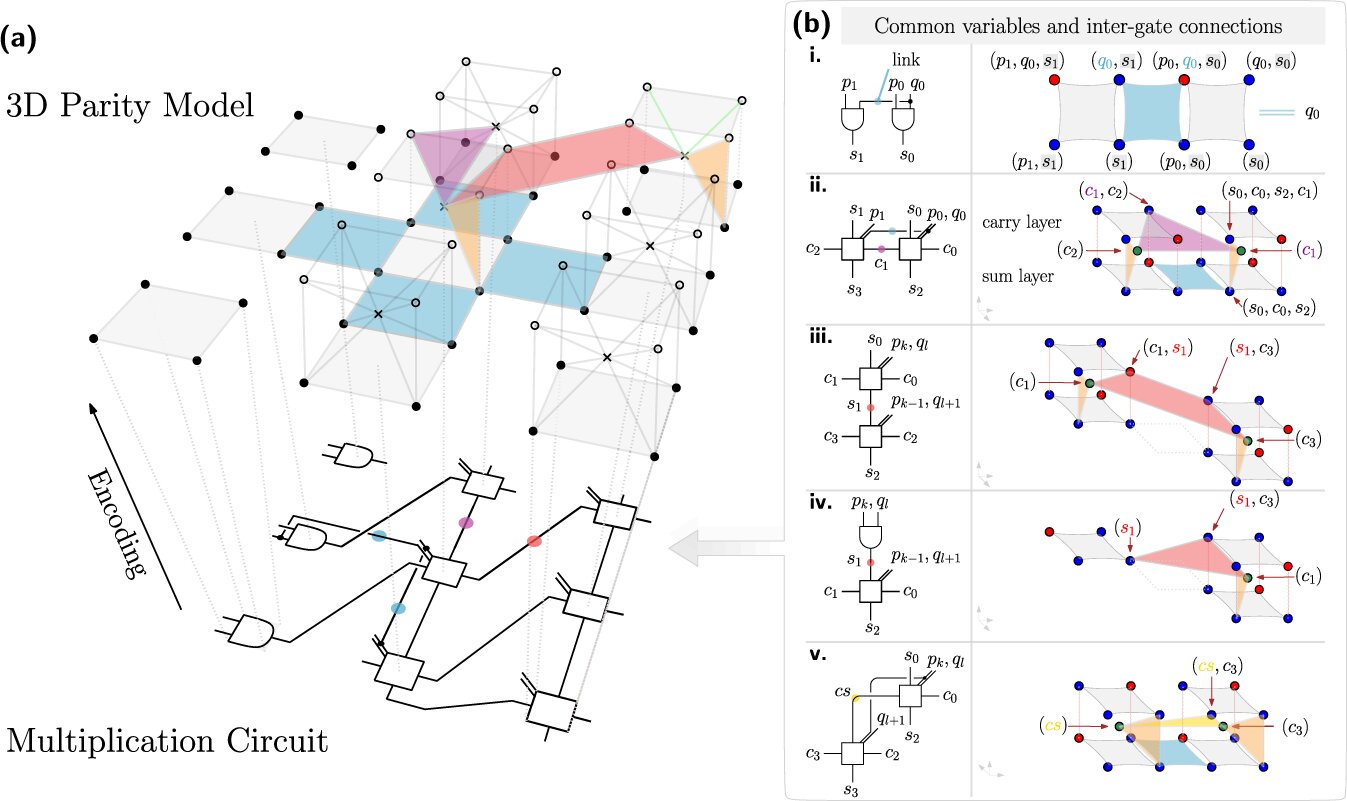Factorizing large numbers is a difficult task that requires a significant amount of computational effort. However, physicists at the University of Innsbruck, Austria, have created a new blueprint for a quantum computer that can solve the factorization problem. This is a significant development as factorization is a cornerstone of modern cryptography.
Current Computing Methods
Today’s computers rely on microprocessors that execute gates, which are irreversible operations. For example, an AND operation is an operation that adds two bits. Algorithms cannot run backwards, and this makes factorization difficult.
The New Blueprint
Martin Lanthaler, Ben Niehoff, and Wolfgang Lechner from the Institut für Theoretische Physik at the University of Innsbruck and the quantum spin-off ParityQC have developed a new approach to factorization with the help of quantum computers. They have created an inversion of algorithms that encodes a classical logic circuit that multiplies two numbers within the ground states of a quantum system.
Quantum Optimization Methods
The researchers have developed quantum optimization methods that can solve both multiplication and factorization problems. The entire circuit can be built from repeating subsystems, which can be arranged on a two-dimensional grid. By stringing several of these subsystems together, larger problem instances can be solved.
Quantum methods can speed up the search process by tunneling to deeper valleys instead of searching the whole energy landscape. The new blueprint can be implemented on all current quantum computing platforms.
The new blueprint for a quantum computer to solve the factorization problem is a significant development in modern cryptography. This research work provides a new approach to factorization that can be implemented on current quantum computing platforms.



Leave a Reply